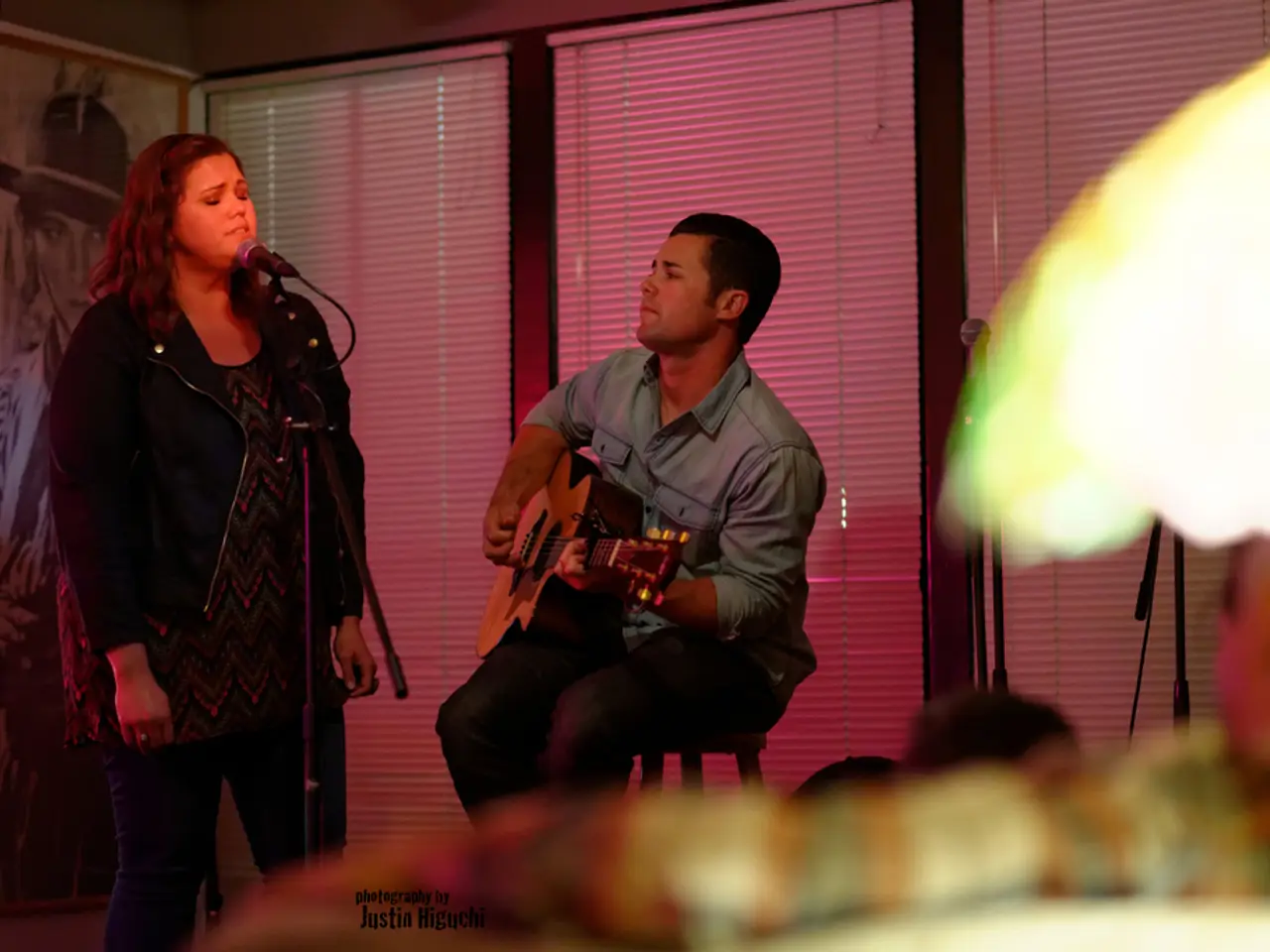Jazz vocalist Sheila Jordan, a unique talent, has passed away
Sheila Jordan, an influential American jazz singer and songwriter, passed away at the age of 96 in her New York City apartment on August 11, 2025. Known for her unique ability to improvise lyrics and deliver deeply personal, conversational performances, Jordan left behind a legacy as a profound and pioneering voice in jazz history.
Born Sheila Jeanette Dawson on November 18, 1928, in Detroit, Michigan, Jordan grew up in poverty in Pennsylvania’s coal-mining region. Despite her humble beginnings, she developed a deep affinity for jazz music early on, heavily influenced by Charlie Parker. Her love for singing was self-motivated and passionate, finding solace in music when she was unhappy.
In high school, Jordan formed a vocal trio (Skeeter, Mitch, and Jean) and moved to New York in the early 1950s to pursue her jazz career. She worked closely with black musicians and faced societal disapproval from white communities at the time. In 1953, she married Duke Jordan, pianist for Charlie Parker, with whom she had a daughter, Tracey, before the marriage ended due to his heroin addiction.
Studying with jazz luminaries Charles Mingus and Lennie Tristano, Jordan honed her craft before making her first recordings in the early 1960s, including her album Portrait of Sheila Jordan (1962) on Blue Note Records. Known for her signature style, she often performed with just an upright bass, allowing her voice to navigate complex improvisations with sweeping pitch changes, reflecting her bebop roots.
Throughout her career, Jordan worked with notable musicians such as George Russell (featured on the album The Outer View), Steve Kuhn (joined his quartet), Harvie Swartz, and others throughout the 1970s and 1980s. She released important albums like Confirmation (1975), Lost and Found (1989), and her final recording Live At Mezzrow (recorded in 2021, released 2022).
In addition to her musical contributions, Jordan was also a respected teacher and mentor, influencing many younger jazz musicians and remaining a committed performer into her 90s. Despite challenges such as racial tensions, a troubled marriage, and single motherhood, Jordan's career unfolded in fits and starts. She was widely acknowledged as one of the foremost vocalists to bring bebop style into vocal jazz, blending scat singing with innovative improvisation. Her minimalist style, singing with just bass accompaniment, broke conventional jazz vocal traditions by emphasizing freedom and spontaneity.
In 2012, Jordan was named a Jazz Master by the National Endowment for the Arts, one of the highest honors in jazz in the U.S. Despite keeping her music career alive by performing occasionally while working as a secretary, Jordan recorded one of the most beloved vocal jazz records of the 1960s, Portrait of Sheila, on Blue Note Records. Her discography grew exponentially as she aged, with at least 19 albums recorded after the turn of the century. One of her latest albums, Portrait Now, was released this year and was her final live performance, which took place on Valentine's Day.
Jordan's passing marks the end of an era in jazz history, leaving behind a legacy as a pioneering and influential figure in the genre. Her unique ability to improvise lyrics and deliver deeply personal, conversational performances will continue to inspire jazz musicians for generations to come.
Read also:
- Roosting Shark and Rambunctious Red Squirrels: Unconventional House Rental in Yorkshire Involving Aquatic Marvel, Squirrely Mayhem, and Mystical Planning Regulations
- Devastated Loved Ones Recall Oasis Fan Following Fatal Mishap at Wembley Show
- Love, Work, and Friendship Harmonies between Aries Signs
- Real estate venture in Hawaii alleges legal action against Shohei Ohtani and his agent, claiming they intentionally hindered a $240 million project.






